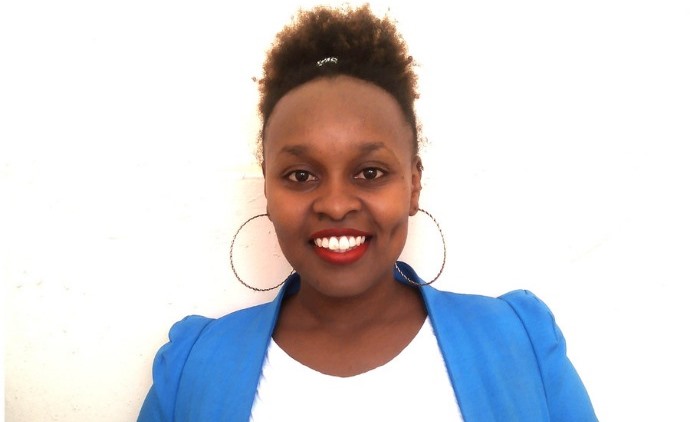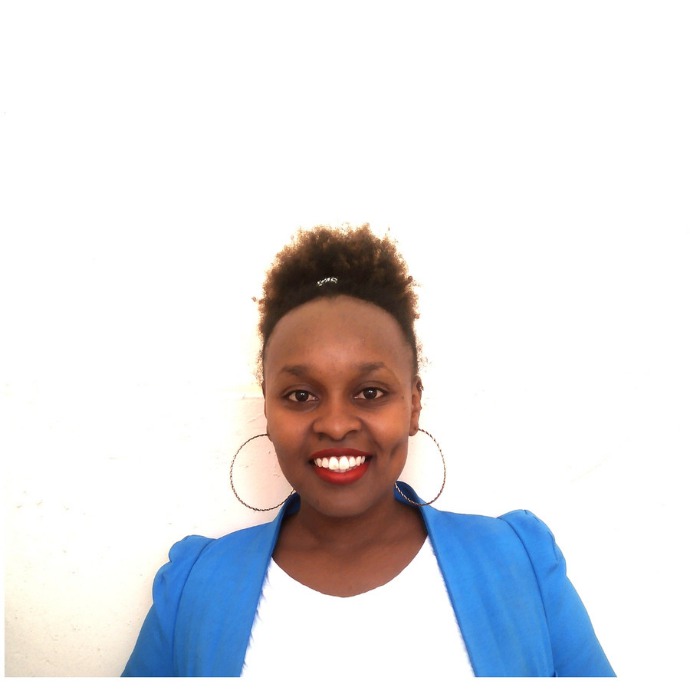
By Fridah Ndoro
Today, life without digital technology has become unimaginable; it is an avenue to resolve some of the most complex problems we face as human beings and in many cases even the basic, such as access to information. Those who cannot access and use digital technology are left behind in accessing information, jobs, and even skills development through online learning platforms, like YouTube videos and online courses. Evidently we see how technology is improving people’s lives; especially mobile services and application that have helped millions get ahead, by providing accessible information on market prices, weather, health and even good farming practice.
Even with the advancement of technology, a digital divide is still experienced; statistics show about 29 per cent of youth worldwide, around 346 million individuals cannot access technology or be online. African youths are the least connected, with around 60 per cent not online or able to access technology.
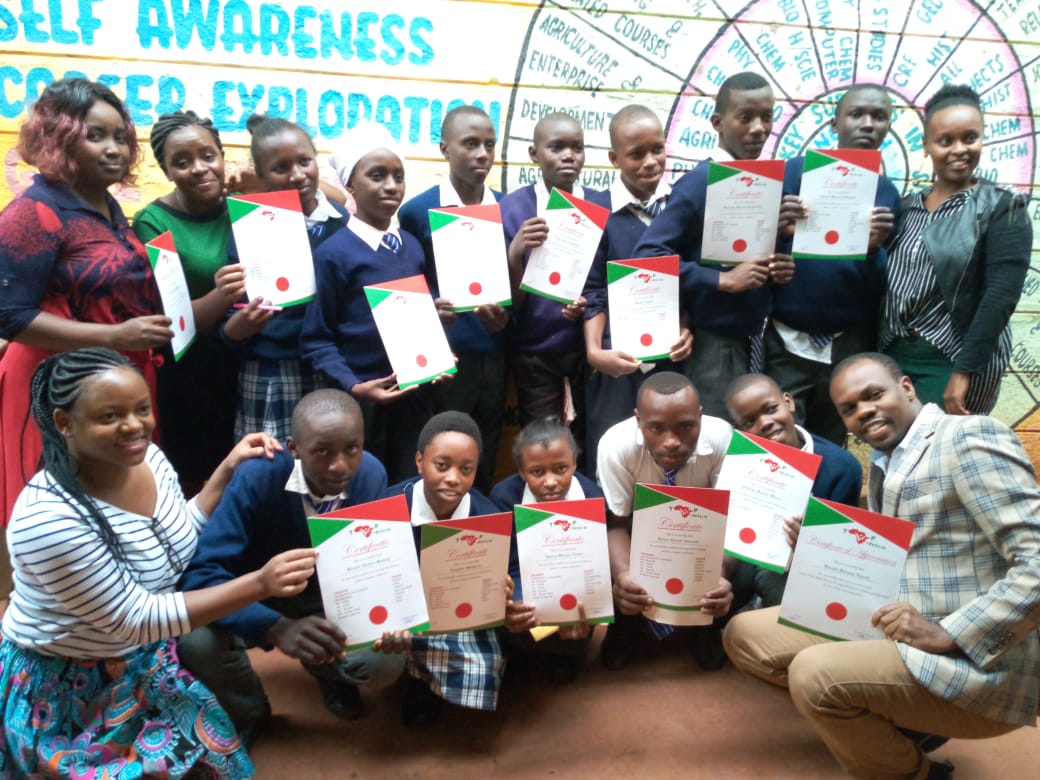
Having graduated in 2015 with a Bachelor’s Degree in International Studies, I was hopeful that I would get a well-paying job, but once I ventured out into the job market I found out that getting a job was not easy. I got to understand why, when in 2016 I interviewed 100 Human Resources personnel on youth employability status in Kenya. From the respondents; what evidently stood out can be summed up into lack of employability skills, digital skills, and entrepreneurship skills among the youth.
To further understand the situation at the grassroots level, my colleagues at TAP Africa, Gladys Muthara Wanjiku Karanja, and I did a digital skills needs assessment among young people (13-19 years) in local day secondary schools in Kirinyaga County. Most of the youths indicated they have seen a computer either in school or at the cyber, but none had the technical know-how on basic usage of computer. While most of them knew about social media platforms like Facebook, YouTube, and What’sApp, many said that they had never interacted with these important platforms. The youth did not know how to search for information on the web, and neither did they know what the Web is. Most of the students indicated that their parents could afford to pay for Basic computer packages which cost $45 on average for 3 months.
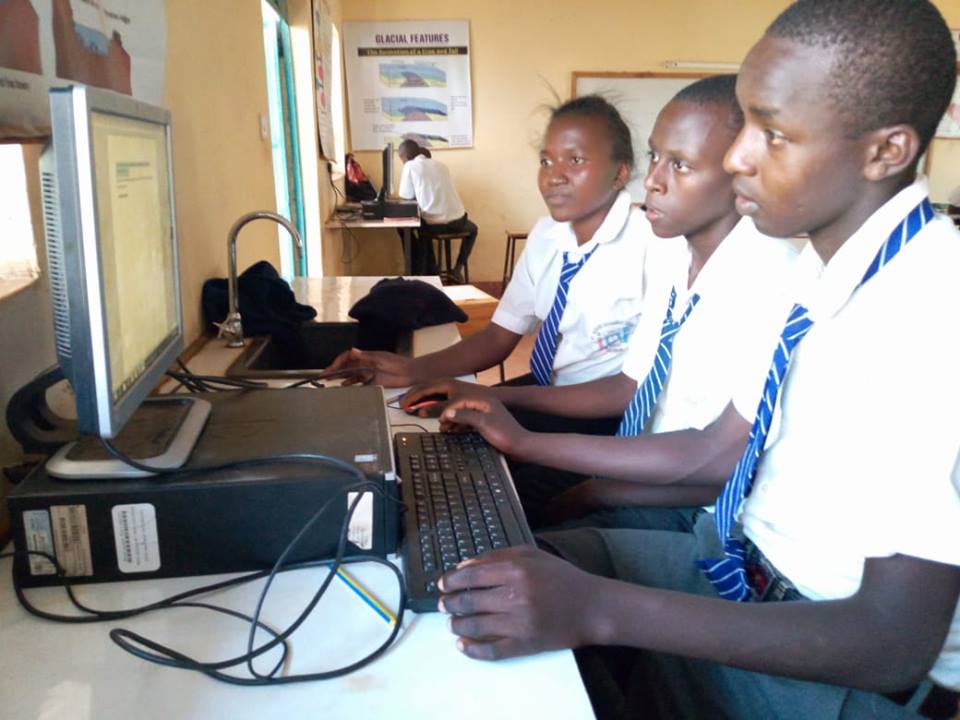
Yearning for positive change in our communities, we embarked on a journey of empowering the youths, especially girls enrolled in rural day secondary schools, through a project dubbed ‘Digital Literacy for Employability and Entrepreneurship’ which aims to equip them with digital literacy and crucial employability & entrepreneurial skills, in order to unlock and expand their economic possibilities. We are working towards establishing an agro-tech innovation laboratory that will provide an intersection between agriculture and digital technology, thereby giving the youths a chance to participate in agriculture by solving challenges facing farmers in counties like Kirinyaga, for instance, food wastage which ends up in landfills and produces large amounts of methane gas, heats up the earth’s atmosphere, causing global warming and climate change
It has been a mind blowing experience filled up with jubilation and disbelief, as the youths learn how to use computers. After seeing our first cohort of 12 students (9 boys and 3 girls) graduate with basic digital skills on the 21st of June 2019, after 3 months of training, I feel humbled for the progress made so far. Girls who did not know anything about technology, and had the mentality it’s a boy’s arena; now want to venture out into IT courses. For example, Grace a 15 year old girl who always tops her class now wants to pursue a career in computer science after her high school studies.
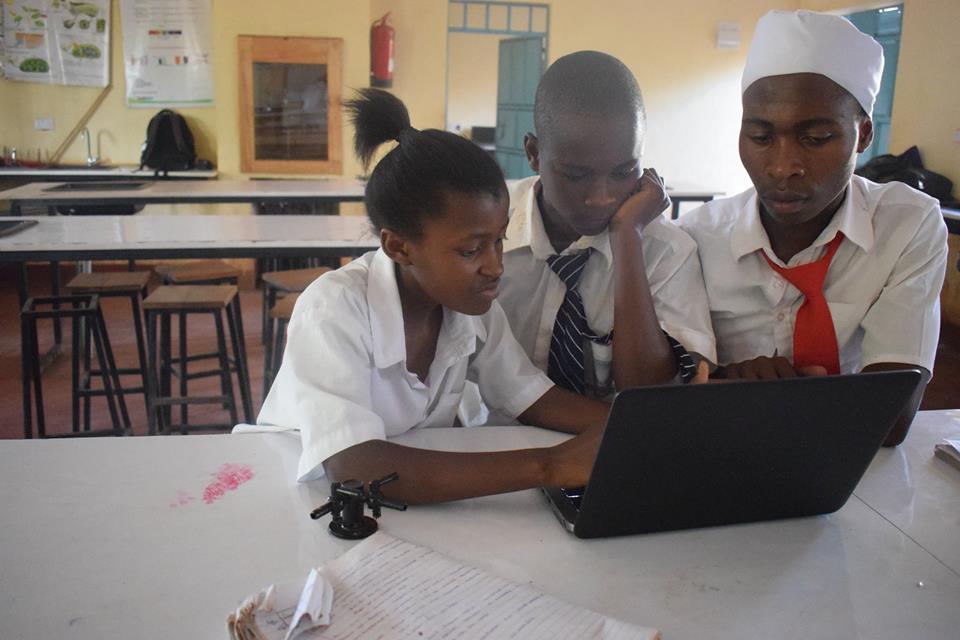
As we celebrate our milestones, the reality of what is happening on the ground cannot be completely shelved away. We enrolled the first cohort on the 15th February 2019, comprising of 20 students (50% girls and 50% boys, upon graduation only 12 managed to complete the basic digital skills and earn certificates. Out of the 12, only three are girls, which mean that seven girls dropped out of the class, despite the fact that the lead trainer is a young woman .Out of the 10 boys, only one dropped out. One of the key issues that has contributed to the unequal number is lack of enough computers. Our current students to computer share; is 4: 1 laptop, so the girls give up along the way and drop out of the class, because they are not able to understand basic computer concepts and also some feel a little bit timid competing to use the resources with the boys.
However, my colleagues and I are not giving up. This time round, before we enroll the 2nd cohort, together with the school we organized a sensitization activity, where we spoke to the young people on the importance of acquiring digital skills in this day and age; a way of motivating them to finish up the course. Initially we had 5 Computers, however, thanks to friends and supporters, we have managed to get 7 computers, and we are still working extra hard to get more computers. It would be our joy to enroll more than 20 students, but due to inadequate computers, we have to limit the number of students which is quite unpleasant. We want many young people to benefit and gain access to unlimited opportunities for education and economic empowerment. With that said, we are appealing to well-wishers and philanthropists to lend a helping hand by donating new or used laptops to transform the lives of the youth in rural Kenya.
‘’Alone we can do so little; together we can do so much.” – Helen Keller
Fridah Ndoro is TAP Africa’s Projects Manager
Tel : +254786413837




